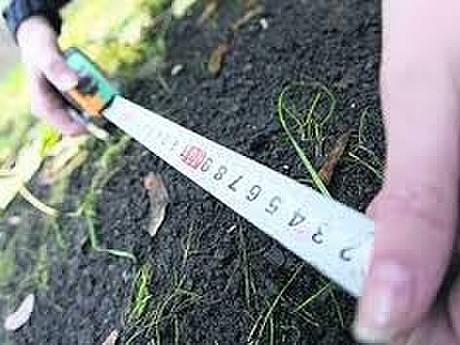
Kyiv's industrialists and entrepreneurs should be more active in seeking new export opportunities while adapting their products to those technical regulations and requirements that are effective in the EU. They have all the preconditions for this, including the support of specialized non-governmental institutions, including the ULIE and the Export Assistance Centre operating within the framework of the organization, ULIE President Anatoliy Kinakh stressed during a roundtable talk entitled "Entrance of Kyiv-based companies into the European market."
He urged Kyiv companies to define specific projects they will be able to implement, and provide information about such projects as the ULIE is actively engaged in this sphere. It is searching for specific partners from markets that are attractive for Ukrainian industry and businesses, and establishes contact among them and the domestic business community. Currently, there are 150 such importers and investors from Canada alone. This can be the case regarding other countries too.
"We have to work together – the government, including Kyiv City State Administration, businesses and social organizations in order to vigorously enter the European markets, find our own niche and be competitive. You can submit your proposals, and if you need information or support - we will help. It is important that these actions should be systemic and planned, and not random measures," Anatoliy Kinakh noted.
The ULIE President appealed to Kyiv City State Administration urging it to prioritize the industrial and entrepreneurial area of its policy, actively develop the industrial sector, and not be guided by the pre-default ratings assigned by international agencies. It should not rely on borrowing either. In his view, it is necessary to overcome the crisis, first of all, by means of the domestic production, because Kyiv-based companies have much to offer Europe and other regions.
At this, he stressed although a free trade zone with the EU will become fully effective from January 1, 2016, it does not necessarily mean total success for domestic producers. Tariff preferences were put in place long before that, but exports to the EU grew by only 2.6%.
The main problem of Ukrainian exporters lies in their lack of preparation to be truly competitive in other markets, according to the business community leader. Production capacities are being updated at a very slow pace, and financial regulatory policy is becoming not favorable: a regulatory requirement of selling foreign currency earnings within 90 days prevents companies from ramping up their foreign trade; inaccessibility of favorable lending (the discount rate of the NBU is 22%, compared to 0.25% in Europe) undermines the competitiveness of the Ukrainian business. Fiscal, customs, monetary policy, and administration - all needs to be improved, carefully, but quickly, because there is no much time: 1.5 years marked by active European integration have passed.
Anatoliy Kinakh invited Kyiv's business representatives to join large-scale international events. In particular, in early December, Vilnius will host an economic forum within a framework of a visit of President of Ukraine to Lithuania, and on December 8, there will be a big conference "European Parliament - Ukraine's civil society" planned in Brussels, a first for Ukraine. In the meantime, the ULIE intends to sign a Memorandum of Cooperation with BUSINESSEUROPE - the largest European business association. These and other events present a good opportunity to get into direct contact with international partners.
The ULIE President stated the cooperation with the Kyiv City State Administration would be also strengthened, particularly, in the framework of a Memorandum of Cooperation which had been signed earlier. "We need to fill it with real actions and joint projects", Kinakh said.